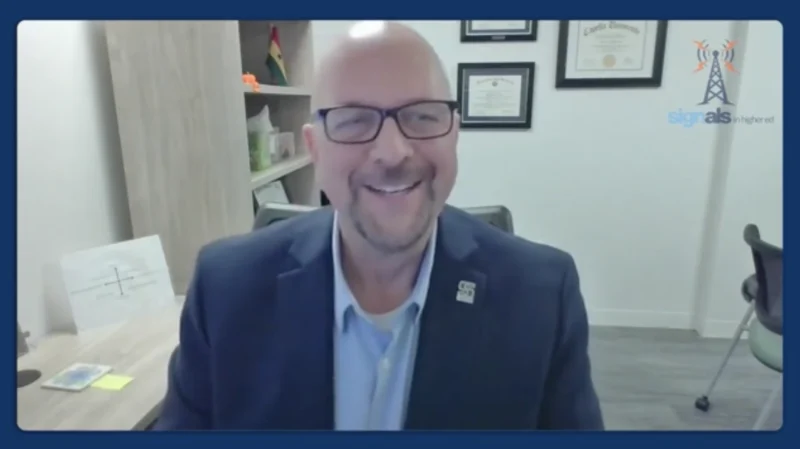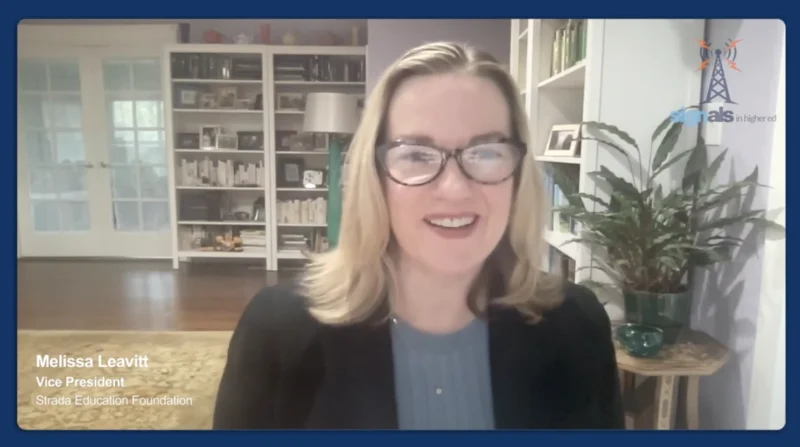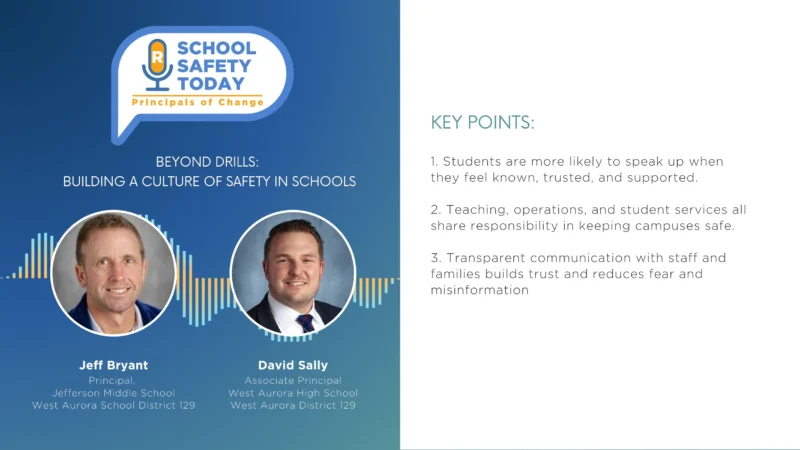Empowering Educators: The Evolution of Well-being and Efficacy in Modern Education
- Positive Psychology’s Impact on Education: Since the introduction of positive psychology in 1999, there has been a paradigm shift in how educational institutions view educator well-being. Instead of just alleviating problems, there’s now a proactive approach focusing on holistic growth, empowering educators to flourish.
- Tailored Solutions for Today’s Educators: In response to the evolving landscape of education, solutions have emerged that are backed by evidence and are specifically designed to tackle the challenges modern educators face. These methodologies not only enhance classroom efficiency but also foster educator resilience.
- Why Schools Are Voluntarily Onboarding: It’s not mere compliance; schools are proactively seeking out well-being programs. This initiative sheds light on a broader trend in education where holistic wellness of educators is given as much importance as academic achievements, signaling a more comprehensive approach to the learning environment.
- Tripod’s New Metrics in Teaching Efficacy: The dynamic in evaluating teaching efficacy is changing. With organizations like Tripod, student feedback is no longer a mere formality. It’s a core metric, central to genuinely understanding classroom effectiveness, bridging the gap between educator strategy and student perception.
- Data-driven Case for Educator Well-being: Concrete data now underscores the importance of focusing on educator well-being. Schools that have invested in these programs are witnessing tangible benefits—there’s a marked improvement in teacher retention rates and a noticeable enhancement in their overall mental well-being.
- Rise of Adult-centric SEL in Schools: The increasing emphasis on Social Emotional Learning (SEL) is not just for students anymore. The spotlight is now on educators as well. As SEL becomes integrated into professional development programs, there’s an evident change in school culture and policy, making institutions more adaptive and resilient.
- Strategic Alliances in Education: Partnerships are becoming pivotal. For instance, the collaboration between Educators Thriving and the Boston Teachers Union showcases how strategic alliances can play a vital role in upholding and sustaining educator resilience and, by extension, shaping the future of education.



